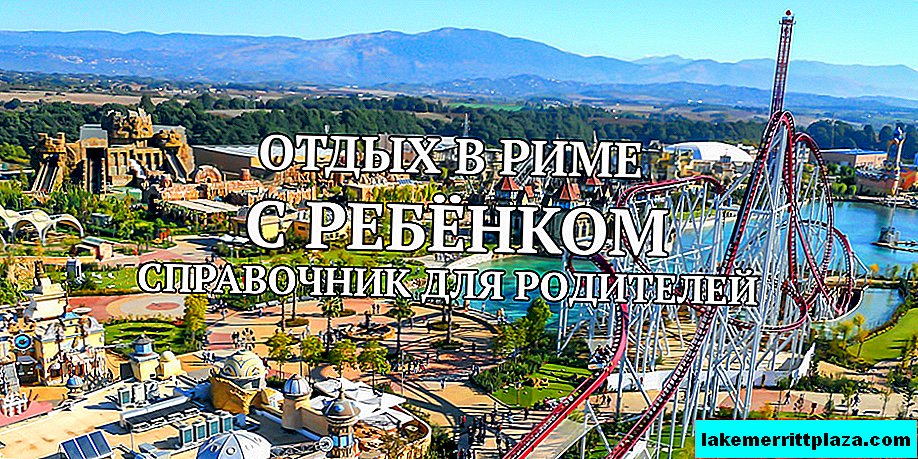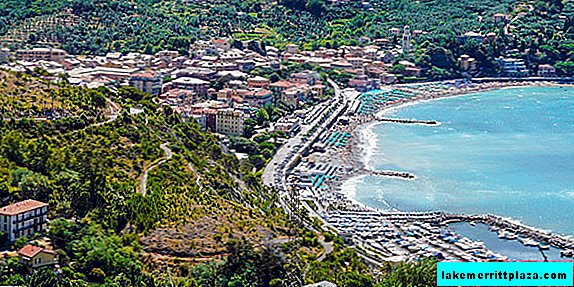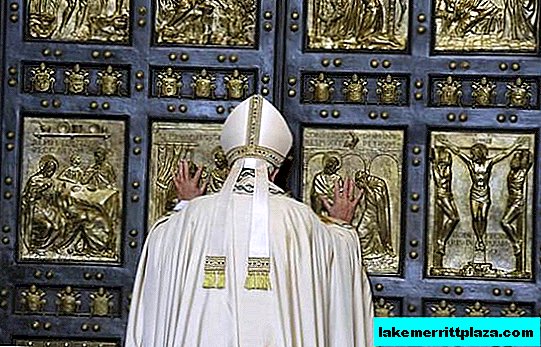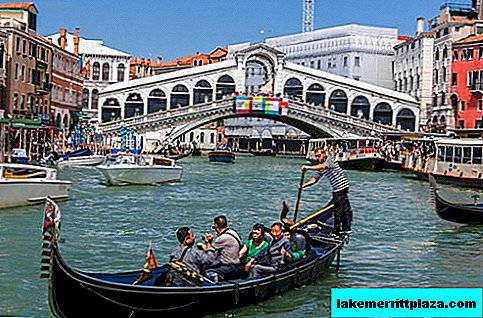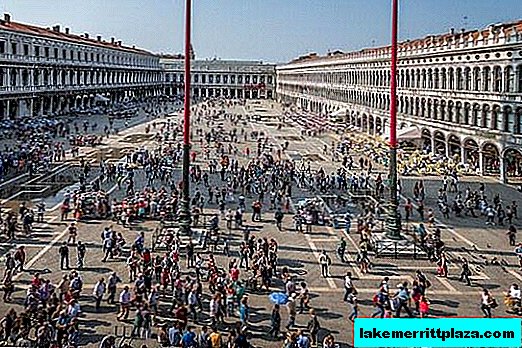The popular Italian resort Lido Di Jesolo is located on the Adriatic Sea, in the warm and calm part of the Apennine Peninsula. The town is famous for its clean sandy beaches with a length of more than 14 km, a developed tourist infrastructure and affordable prices.
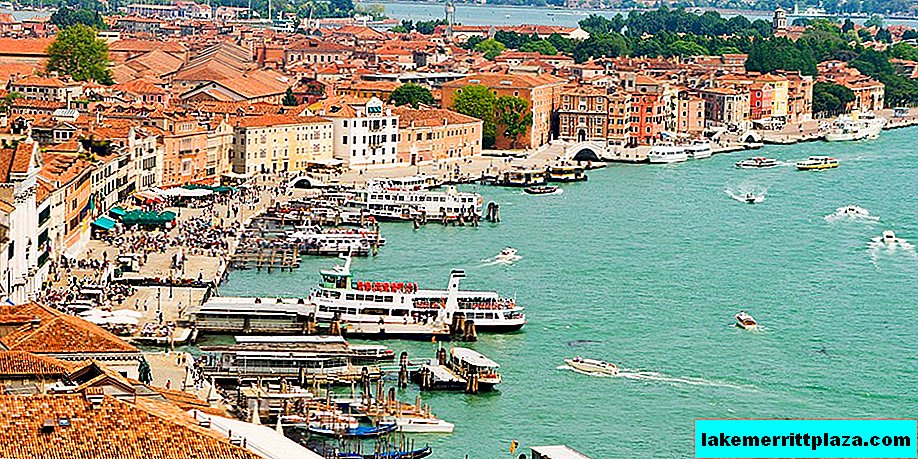
Venetian riviera
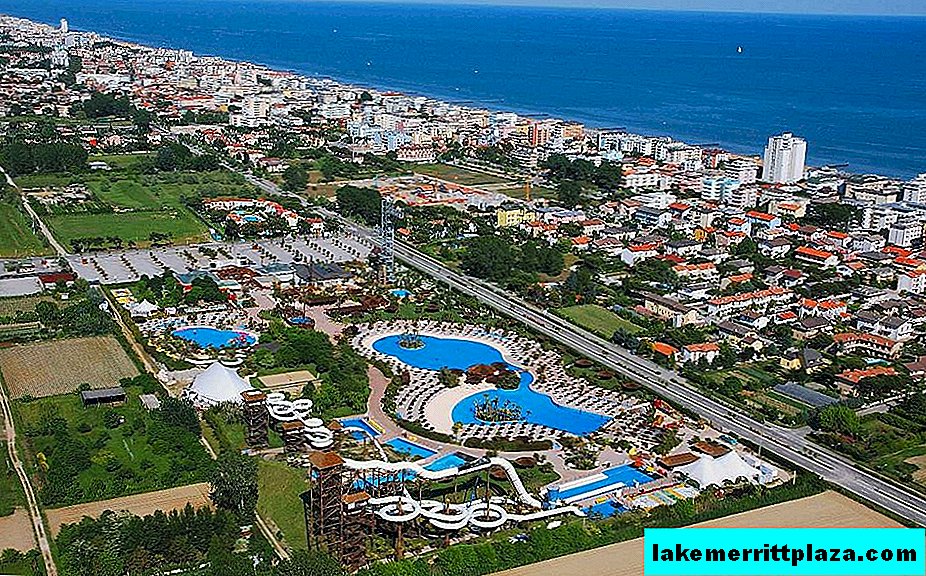
Venetian Riviera- cities and resorts on the north coast of the Adriatic, located around Venice: Lignano, Bibione, Caorle, Sabbiadoro, Lido di Jesolo, Trieste and Mestre attract tourists from all over the world.
How to get there
Lido Di Jesolo is the closest major city off the coast of Venice. The history of Lido Di Jesolo originates in Ancient Rome, however, as a tourist city, it began to develop only in the 1960s.
From Marco Polo Airport, a bus runs every half hour to Lido Di Jesolo. The fare is only 6 euros. Schedule of express buses is presented on the website avto-2016 (bus number 10A). The most detailed information, as well as reservation and online purchase of tickets can be made on the official website of the carrier "ATVO".
In addition, the city can be reached by river bus or boat. From the Faro Lighthouse (Faro di Punta Sabbioni) to Piazza San Marco, a comfortable boat "Moby Dick 2" runs daily twice a day. The ticket is paid immediately in both directions and costs 25 euros. In order to get to Lido Di Jesolo by one of the many small boats, it is enough for a tourist to name the destination with interrogative intonation. The mover will answer yes or no.
Weather
The tourist season on the Italian coast lasts from June to September. The air temperature in this period ranges from 26 to 31 degrees, the average water temperature is 23 degrees.
A large influx of tourists falls in August, when the period of holidays with Italians begins. In August, almost all hotels are occupied in the popular resort of Lido Di Jesolo.
May and October are often not very attractive for tourists. The temperature drops to 19-15 degrees and the swimming season is closed at this time. But lovers of beautiful nature and long romantic walks are chosen in Lido Di Jesolo precisely in May or October.
Beaches
The pride and visiting card of the town of Lido Di Jesolo are clean sandy beaches. Part of the coast is open to tourists for free, private beaches for a nominal fee provide access to the locker room, shower and toilet. The resort's location provides warm, calm weather and no storms.
The shops
Shops with groceries and trinkets, shopping centers and boutiques, cafes and restaurants can be found on Via Levantina. The main street of Lido Di Jesolo turns into a pedestrian zone after 8 pm.
In shops and cafes, tourists are served in Italian, English or French, sometimes you can see the signs "we speak Russian." Do not forget about the Italian siesta, from 2 to 5 hours in the afternoon all cafes and shops are closed.
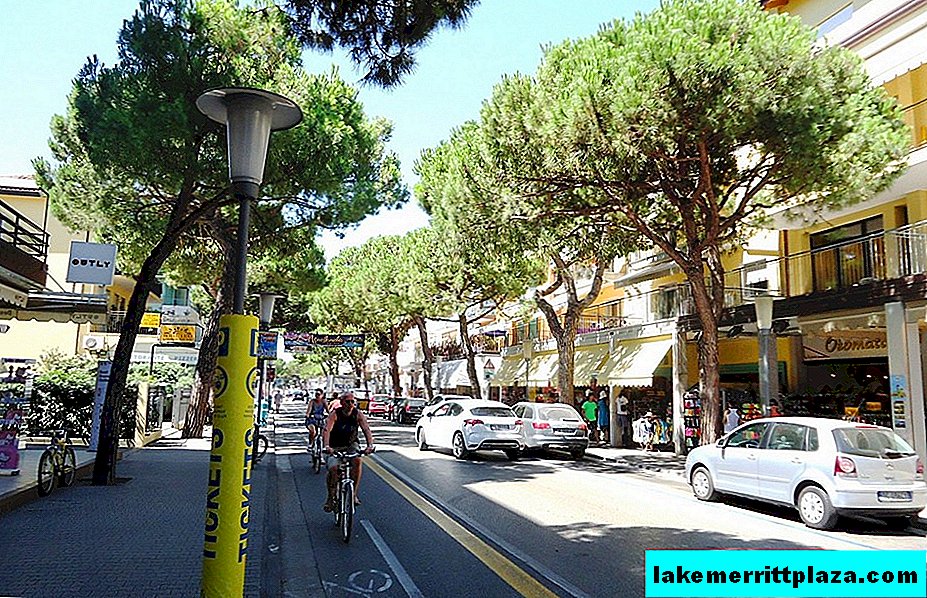
Lovers of antiques and unique things must visit the Flea Market ("Casa Bianca"). You can buy a variety of things from merchants from jewelry to interior items.
You should not buy goods on the beaches. Bags, wallets, glasses and other products are likely to be fakes. According to Italian law, the purchase of fake goods is punishable by a fine of 200 euros.
Where to stay
Lido Di Jesolo is a real beach paradise, the distance from any hotel to the beach does not exceed 300 meters.
In 5 star hotels ("Croce di Malta", "Adriatic Palace") a standard room can be rented for 190-270 euros per day, various additional services are offered to tourists, often the staff speaks Russian.
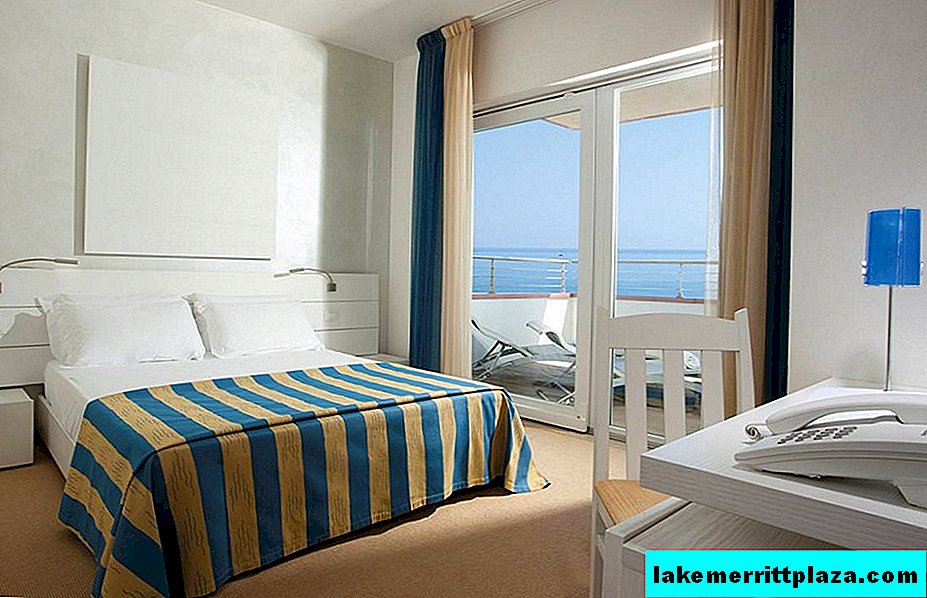
Family rooms and suites cost up to 450 euros per day. Inexpensive hotels offer fewer services included, room rates range from 100 to 160 euros ("Concordia", "Helvetia", "New Tiffanys Park Hotel"). The most inexpensive place to stay are apartments in the central part of the city - from 90 euros per day.
Experienced travelers are not advised to choose a hotel from photographs of the exterior decoration of the facade. Inside the room may not be too well-maintained.
Where to eat
Lido Di Jesolo offers many cafes and restaurants. On average, lunch for one person will cost 30-45 euros without alcohol. At home, tasty and inexpensive, you can grab a bite to eat at Oasi del Panino Ventie on Piazza Aurora 27 / B, Trenta hiosco Bar Loredana on Via Dalmazia IV accesso al mare or Ristorante giapponese kanji on Via Levantina, 183.
Gourmet restaurants (Don Claudio, Via Ugo Foscolo, 61, Ristorante da Omar, ia Dante Alighieri, 21, Enoteca Caveau, Via Ugo Foscolo, 53) are not so accessible, but they offer visitors sophisticated Italian and pan-European cuisine. Most restaurants have a Russian-language menu.
The most economical snack option is to buy finished products in one of the shopping centers or convenience stores. Dinner per person costs from 7 euros. Lido Di Jesolo also has fast foods and sushi bars. A special place in the hearts of tourists is occupied by a small place called "Gelateria Alma" on Via Bafile 197, where you can try delicious, original desserts and ice cream.
Vacation with children
Almost all hotels are equipped with swimming pools; they offer games rooms and playgrounds for children of different ages. Upon request, the hotel room is supplemented with a cot. It offers vacationers contests, performances and creative master classes that are conducted by professional animators. For hotel guests, the services of animators are usually free.

An important feature of Lido Di Jesolo is the warm, shallow and very clean sea coast. Most beaches offer animation services, and playgrounds for children are equipped with a special soft coating.
Sights
Mist Tower
The Tower of the Mists (Torre Caligo) was built in the 11th century, as an observation tower for the movement of ships along the canal of the Sile-Piave Vecchia river. The tower was strategic from a military point of view and connected the lagoon with the outside world. The Tower of the Mists was an important security point.

Also, the tower was a haven for the monk Romuald, who led a hermit lifestyle. In his honor, in 1927, an iron cross was installed on one of the tower walls, which has survived to this day. According to legend, the monk had a rare gift of persuasion and sent Pietro Orseolo to the path of seclusion of the Venetian Doge. Today, there are few left of the magnificent buildings; the ruins of the tower are an interesting historical place.
Jesol lighthouse
The Jesol lighthouse was first built in 1840 and was destroyed. For two years (from 1948 to 1950) construction work was carried out to restore the sights. Today Jesolsky lighthouse has a height of 48 meters and is located on the path of many tourist routes.
Antique Mura
Antique Mura (Il sito archeologico Antiche Mura) is an excavation area where you can see the ruins of ancient houses and cathedrals of the 16-17th centuries. Antique Mura translated from Italian means "Ancient Walls", which is fully consistent with the terrain. In Antique Mura you can see the ruins of the church of Santa Maria, a monument to the Diocese of Equilium, which ceased to exist in the 15th century.
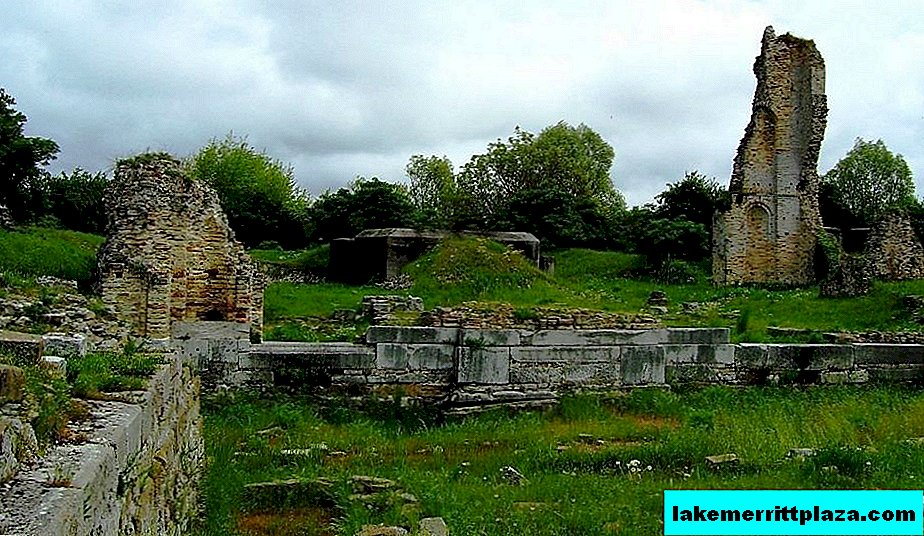
According to archaeologists, the first churches, the ruins of which are located in the archaeological zone, were built in 6-7 centuries, in the era of early Christianity. You can get to Antique Mura on foot.
Historical War Museum
The historical military museum (Museo Storico Militare Vidotto) presents exhibitions of weapons, vehicles, various types of military uniforms and even culinary dishes. Museum exhibits and exhibits are assembled with particular attention to detail and are very realistic.
Tanks, helicopters and guns are exposed in the open, part of the exhibition is inside the museum. A sightseeing tour will take at least 2 hours. An order for a personal tour is available for visitors, during which the guide will talk in detail about wartime.
Museum of Natural History
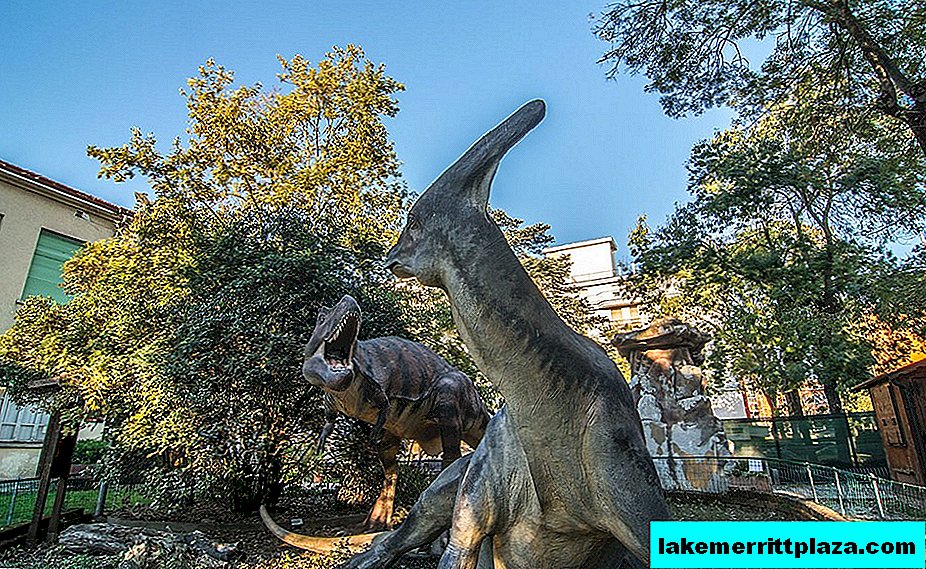
The Natural History Museum (Civico Museo di Storia Naturale) contains a lot of useful information about prehistoric animals and birds, it will be interesting for children and adults. The museum exhibits vivid displays reflecting the evolutionary changes of local animal species from the prehistoric period to the present day. Particularly informative tour for students.
Dolomiti Bellunesi National Park
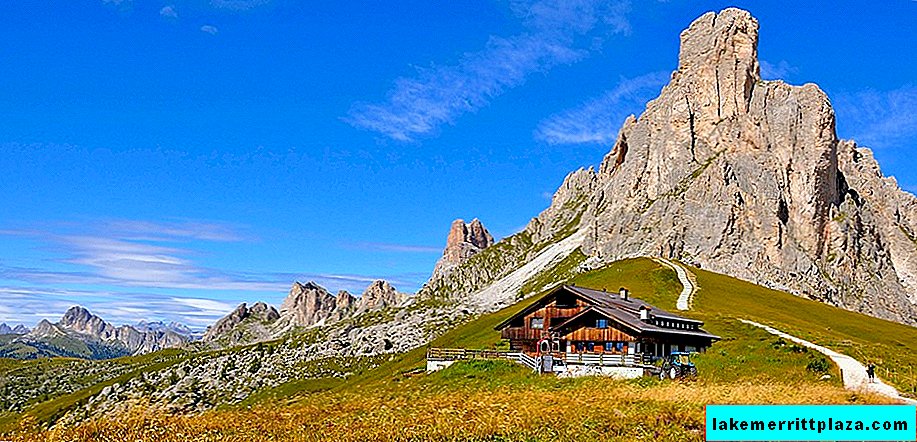
National Park Dolomiti Bellunesi (Parco Nazionale delle Dolomiti Bellunesi) is located in the Dolomites, thousands of years ago was densely populated area. Today the park is a unique natural monument. The Dolomiti Bellunesi administration is participating in a project to use alternative energy sources. Some of the buildings are covered with solar panels, which provide the park and nearby buildings with electricity. Detailed information can be found on the official website www.dolomitipark.it/en.
The park has more than 1,400 species of plants, 114 species of birds, 20 species of reptiles and amphibians and 100 species of butterflies. The chamois and roe deer population is over 5,000.
The harmonious natural corner serves as a haven for unique representatives of flora and fauna, which are found only in the Dolomiti Bellunesi. It offers excursions and various hiking trails. On the territory of the Dolomiti Bellunesi it is forbidden to make noise, litter, pick flowers and disturb animals.
Church "El Cristo"
The El Cristo Church was erected by locals in the 16th century. According to legend, the local plowmen during the work found an altar cross in the ground. But wherever he was taken, he miraculously ended up in the same place. Then it was decided to erect a temple around the altar. The famous cross is still within the walls of the church.
Church of St. Mary of Assunta
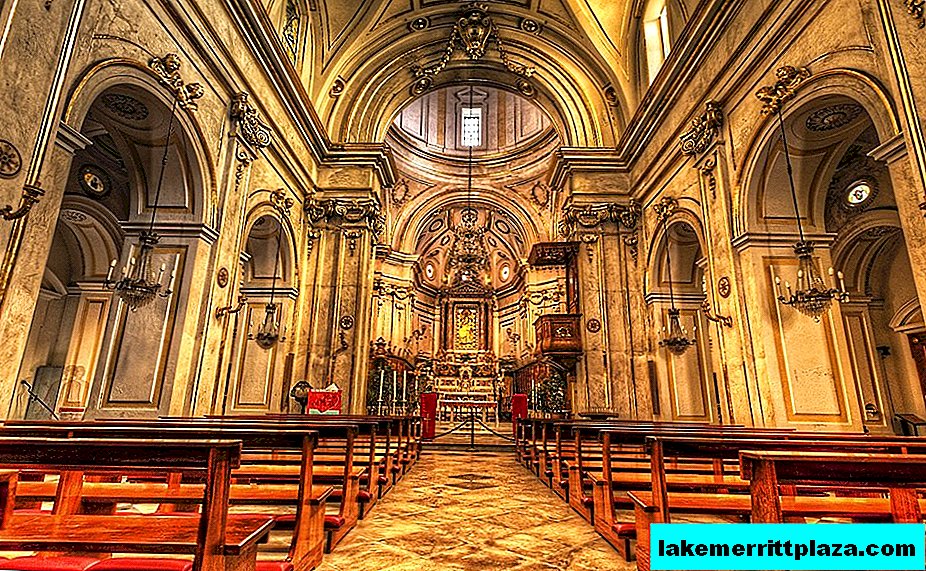
The Church of St. Mary of Assunta (Chiesa di Santa Maria Assunta) is the oldest temple in the city, the construction of which began in the 9th century. During the Middle Ages, the Church of St. Mary of Assunta was the second largest temple in Italy. In the 1960s, archaeological excavations were carried out on church territory. Scientists have found the remains of an even more ancient temple, which was created more than 1200 years ago. Today the Church of St. Mary of Assunta is the oldest historical monument of the city.
Chapel of St. Anthony of Padua
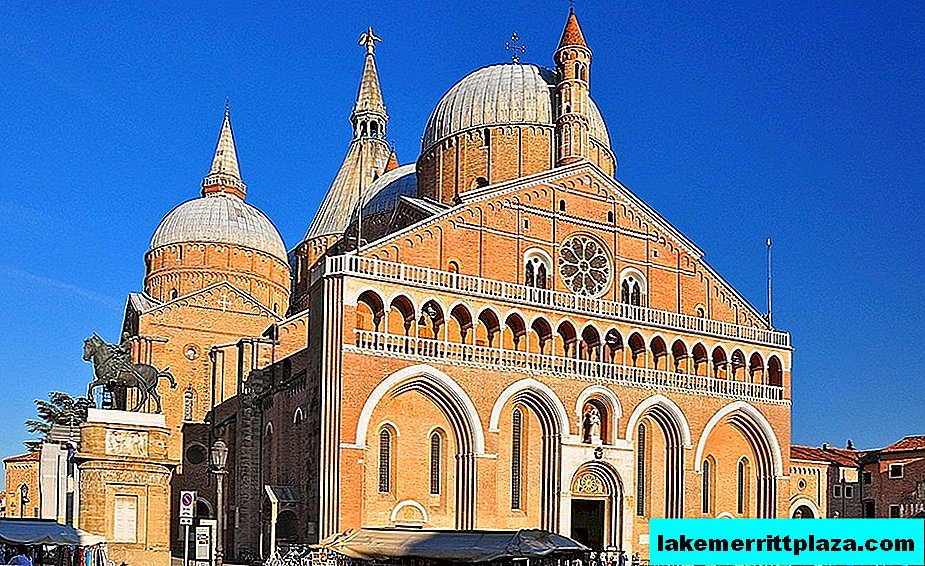
The beginning of the construction of the Capella Pontificia di Sant'Antonio di Padova Chapel is shrouded in legend, affecting the life of the lord Arturo Saramina. Before the start of the military campaign, Arturo took the oath of the church, hoping for the protection of higher powers. After the end of hostilities, he returned to Lido Di Jesolo safe and sound. In the same 1947, Arturo Saramin built the Chapel of St. Anthony of Padua as the fulfillment of his vow. Now the chapel is located in the historic city center.
City Hall
The City Hall is considered one of the oldest stone buildings in the city, for a long time the Town Hall was the center and concentration of urban life. A unique historical building, retains its original appearance from the moment of construction in 1876. Now the building houses the City Library (Biblioteca comunale di Jesolo), which has tens of thousands of books and periodicals. Open for visitors from 8:30 to 20:00 from Monday to Friday.
Porto del Cavallino
The first mention of Porto or the “Gateway” of Cavallino dates back to the 17th century. Previously, it was used to collect taxes from merchant ships bound for Venice. On a stone tablet of 1632, the established rules for merchants wishing to enter the city are embossed. Porto del Cavallino is located on a small island near Lido Di Jesolo and is accessible for tourists.
Ponte Monumento Bridge
The Ponte Monumento Bridge is a monument to lost ships lost during the First World War. The grand opening of the Ponte Monumento Bridge took place in 1927. There are 4 monuments on the bridge in honor of the dead sailors and soldiers. The adjustable design attracts tourists from all over the world and is part of many sightseeing routes.
Laguna Valle
The picturesque Laguna Valle (Valle Laguna) is located very close to the historical center of the city and is rightfully considered the most amazing place of Lido Di Jesolo. For hundreds of years, locals used the lagoon in spring as a fishing spot and built dams. Today, the shores of the lagoon have become a haven for many species of animals and birds, including a large colony of red herons. The lagoon landscape of Valle is striking in its splendor and attracts hundreds of tourists who wish to see and capture the vast expanses of the lagoon.
Entertainment
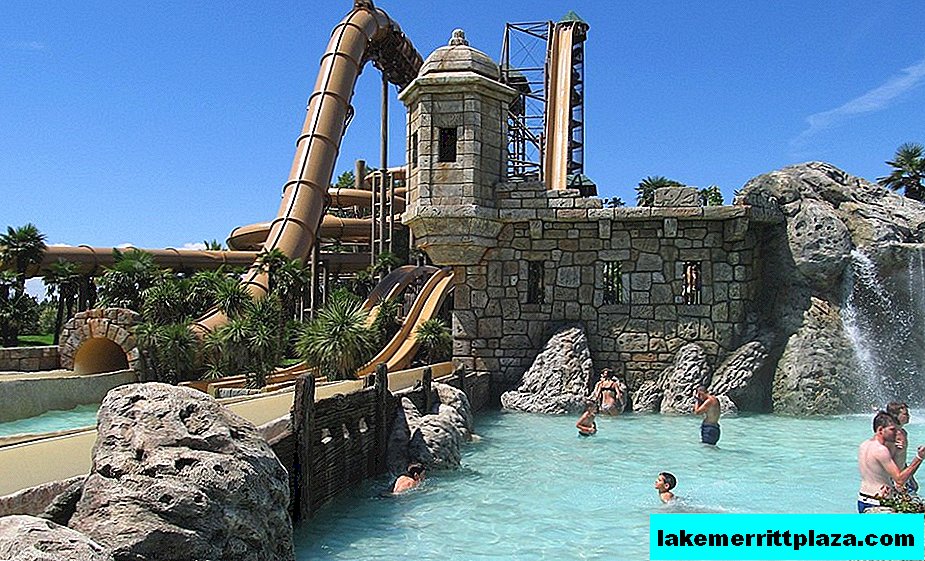
- Aqualandia (Via Michelangelo Buonarroti 15), the largest water park on the Adriatic coast with water attractions and theme areas. 1 ticket costs 30 euros, information about performances is presented on the official website www.aqualandia.it/en/.
- The Oceanarium (Aquarium, Reptilarium and Shark Expo) presents an exhibition of 24 species of sharks in huge aquariums. In some areas you can see exhibitions of tropical fish, reptiles, spiders and butterflies.
- The Vivaldi Theater (Teatro Antonio Vivaldi di Jesolo) will attract the attention of connoisseurs of beauty. The theater hosts many celebrations and themed performances.
- The Sand Sculpture Festival (Sand Nativity) is held annually at the height of the tourist season. Every year the theme of the festival changes. Dozens of masters present their sand creations to the public.
- For outdoor enthusiasts, there are open rental equipment for diving and jet skis, water skiing, mini-golf and tennis courts.
- On the coast there are clubs, discos and bars with tropical cocktails and incendiary music (Splash, The Marina Club and Gasoline Road Bar).
- Amusement parks will please children and adults, visitors will find many attractions, including a Ferris wheel.
After sightseeing, Lido Di Jesolo is definitely worth a visit to Venice. You can get there by bus or boat, which leaves every 30 minutes. The fare is about 7 euros one way.
Hotels
If this is your first time going to Italy and choosing a hotel in Lido di Jesolo, then start with our special review. For those who save time, here are three worthy options with their own beaches in different price categories:
- Hotel Sayonara - sound three stars with highly rated tourists at Bucking;
- Almar Jesolo Resort & Spa - the best of 5-star spa hotels, if finances allow, you are only here;
- Hotel Cavalieri Palace - 4 stars for a cozy and relaxing holiday
We wish you a good rest, leave your feedback and questions in the comments.

